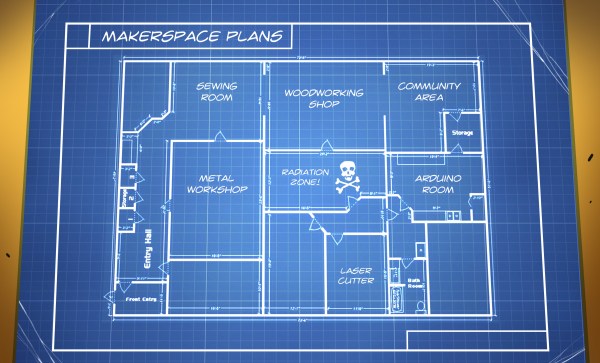It would be difficult to imagine the technological enhancements to the world we live in today without open-source software. You will find it somewhere in most of your consumer electronics, in the unseen data centres of the cloud, in machines, gadgets, and tools, in fact almost anywhere a microcomputer is used in a product. The willingness of software developers to share their work freely under licences that guarantee its continued free propagation has been as large a contributor to the success of our tech economy as any hardware innovation.
Though open-source licences have been with us for decades now, there have been relatively few moments in which they have been truly tested in a court. There have been frequent licence violations in which closed-source products have been found to contain open-source software, but they have more often resulted in out-of-court settlement than lengthy public legal fights. Sometimes the open-source community has gained previously closed-source projects, as their licence violations have involved software whose licence terms included a requirement for a whole project in which it is included to have the same licence. These terms are sometimes referred to as viral clauses by open-source detractors, and the most famous such licence is the GNU GPL, or General Public Licence. If you have ever installed OpenWRT on a router you will have been a beneficiary of this: the project has its roots in the closed-source firmware for a Linksys router that was found to contain GPL code.
Now we have news of an interesting milestone for the legal enforceability of open-source licences, a judge in California has ruled that the GPL is an enforceable contract. Previous case-law had only gone as far as treating GPL violations as a copyright matter, while this case extends its protection to another level.
The case in question involves a Korean developer of productivity software, Hancom Office, who were found to have incorporated the open-source Postscript and PDF encoder Ghostscript into their products without paying its developer a licence fee. Thus their use of Ghostscript falls under the GPL licencing of its open-source public version, and it was on this basis that Artifex, the developer of Ghostscript, brought the action.
It’s important to understand that this is not a win for Artifex, it is merely a decision on how the game can be played. They must now go forth and fight the case, but that they can do so on the basis of a contract breach rather than a copyright violation should help them as well as all future GPL-licenced developers who find themselves in the same position.
We’re not lawyers here at Hackaday, but if we were to venture an opinion based on gut feeling it would be that we’d expect this case to end in the same way as so many others, with a quiet out-of-court settlement and a lucrative commercial licencing deal for Artifex. But whichever way it ends the important precedent will have been set, the GNU GPL is now an enforceable contract in the eyes of the law. And that can only be a good thing.
Via Hacker News.
GNU logo, CC-BY-SA 2.0.


















